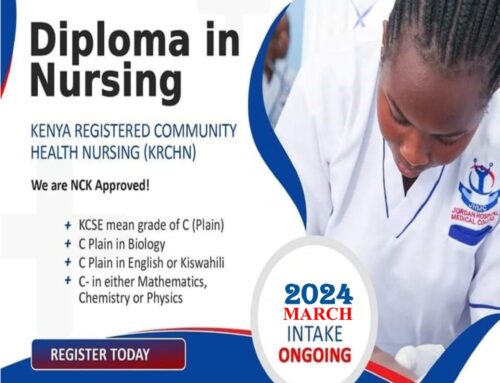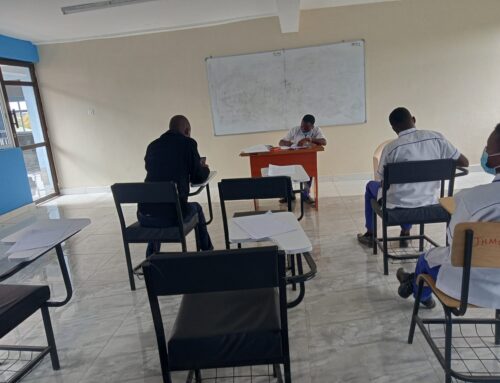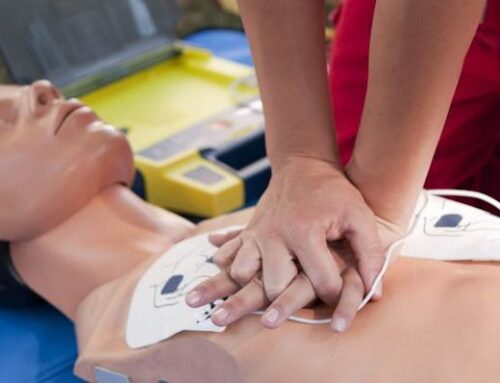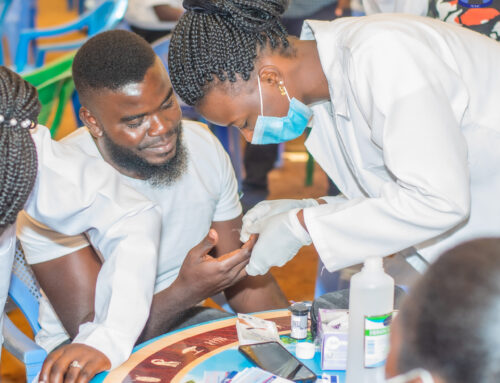It consists of competencies that enable students in certified community health working with (community health workers and community health volunteers). It involves the management of community resources, conducting community empowerment, coordinating community projects, conducting community awareness, training and sensitization. Students can also help in carrying out advocacy and lobbying activities, carrying out crisis and disaster management, coordinating conflict resolution and management, performing home-based care and support, coordinating rehabilitation programs, carrying out child welfare programs, conducting case management, and managing community-based groups.
PROFESSION BEHIND THE COURSE
- After successful completion of the course the students can be:
- community health workers
- Social workers
- Field officer
- Development officers,
- Community health extension workers
ATTACHMENT/INTERNSHIP AREAS
- Most of our students find attachment/internship in hospitals under the following departments
- Comprehensive care center
- Maternal child health
- Counseling department
- Social work departments
- Non governmental organization
- Community based organizations
- Faith based organizations
- In the government under the ministry of gender and social services
STUDENT SUPERVISION
- Most of our students are assessed while on attachment and the students perform exceptionally well exceeding our expectation, their industrial supervisors compliment their skills as well as their knowledge
EXAMINATION BOARD
- TVET-CDACC-examines diploma and certificate courses in community health .
- Diploma courses take two years while all certificate courses take one year.
- Abma- for HIV courses
- Diploma: 2 years
- Certificate: 1 year
- Artisan: 1 year
- Certificate: D [Plain]
- Diploma: C- [Minus]
- Artisan: D- [Minus]




